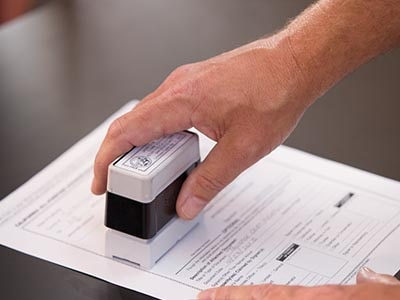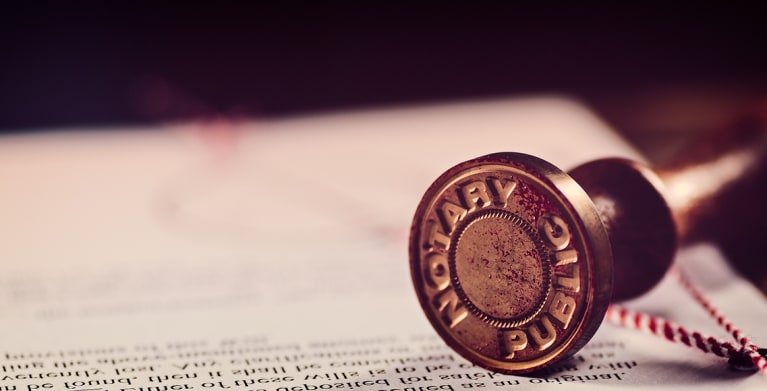Experienced Conveyancer: Navigating Residential Or Commercial Property Transfers with Competence
Experienced Conveyancer: Navigating Residential Or Commercial Property Transfers with Competence
Blog Article
Debunking Notarial Work: Simplifying the Function and Importance of Notaries
In the intricate internet of lawful documents and confirmation, notaries stand as columns of guarantee and credibility. Their function, commonly shrouded in mystery for several, carries significant weight in ensuring the validity and stability of important records. As guardians of legitimacy and fact, notaries play an essential component in our society, yet their work is not always completely understood. By unwinding the complexities surrounding notarial methods and shedding light on the relevance of their acts, a clearer understanding emerges of the vital role notaries play in upholding the textile of legal and legal arrangements.
The Background of Notarial Job
The background of notarial work days back to ancient worlds, where scribes played a vital function in videotaping vital information and validating records. This led to the development of notaries, people assigned by the state to act as neutral witnesses in legal matters.
During the Center Ages, notaries obtained importance in Europe, with their functions broadening to include composing legal papers, certifying trademarks, and protecting records. The rise of international trade better stressed the relevance of notarial operate in verifying agreements and arrangements throughout borders.
In the modern era, notaries remain to play a vital duty in lawful and service purchases by validating identifications, validating the credibility of records, and preventing fraud. Their role in licensing the credibility of agreements includes a layer of security and count on to the ever-evolving landscape of business and law.

Obligations and Responsibilities of Notaries
Notaries play a vital function in confirming the authenticity of documents and the identification of notaries. One of their main duties is to witness the signing of essential documents, such as wills, deeds, and agreements, to guarantee that all celebrations are getting in into agreements intentionally and willingly.
They license duplicates of original documents, providing guarantee to institutions that the duplicates are true replicas of the originals. Overall, the obligations and responsibilities of notaries are essential in securing the honesty and legality of various papers and transactions - Deceased Estate.
Notarial Certificates and Signatures
Exemplifying careful attention to detail, notarial certifications and signatures act as important elements in validating the authenticity of lawful files. Notarial certifications normally consist of important details such as the date of notarization, the names of the signatories, a summary of the document, and the notary's main seal. These certificates provide a clear record of the notarial act, making sure that the file can be quickly recognized and mapped back to the notary that looked after the procedure.
Signatures play a critical function in notarial work, as they symbolize the arrangement and approval of the celebrations involved. Notaries thoroughly witness the finalizing of records to validate the identity of the signatures and verify that they are signing of their very own complimentary will. By affixing their main seal and trademark to the paper, notaries accredit that the needed procedures have actually been adhered to and that the paper is valid and enforceable.
Basically, notarial certifications and trademarks are the trademark of credibility in lawful transactions, offering assurance to all celebrations entailed that the documents are reputable and binding.
Relevance of Notarial Acts

Registration Process Described
Explaining the notarization process offers clearness on the necessary actions involved in verifying legal files. The registration process normally starts with the individual offering the record to a notary public. The notary then verifies the endorser's identity through appropriate recognition approaches. Once the identity is verified, the notary makes certain that the specific authorizing the paper does so voluntarily and with no threat.

Verdict

Notarial certificates usually contain critical information such as the date of notarization, the names of the signatories, a summary of the record, and the notary's official seal. These certificates offer a clear document of the notarial act, ensuring that the file can be quickly recognized and traced back to the notary who looked after the process.
By affixing their official seal and trademark try here to the record, notaries certify that the needed procedures have actually been adhered to and that the document is enforceable and valid.
By verifying the identity of the signatories, validating their determination to get in into the agreement, and certifying the day and location of the signing, notaries play an important function in supporting the legitimacy of legal records.After the record is authorized, the notary will certainly fasten their main seal or stamp onto the paper.
Report this page